When East Meets West: TCM Treatments For Seniors And Caregivers
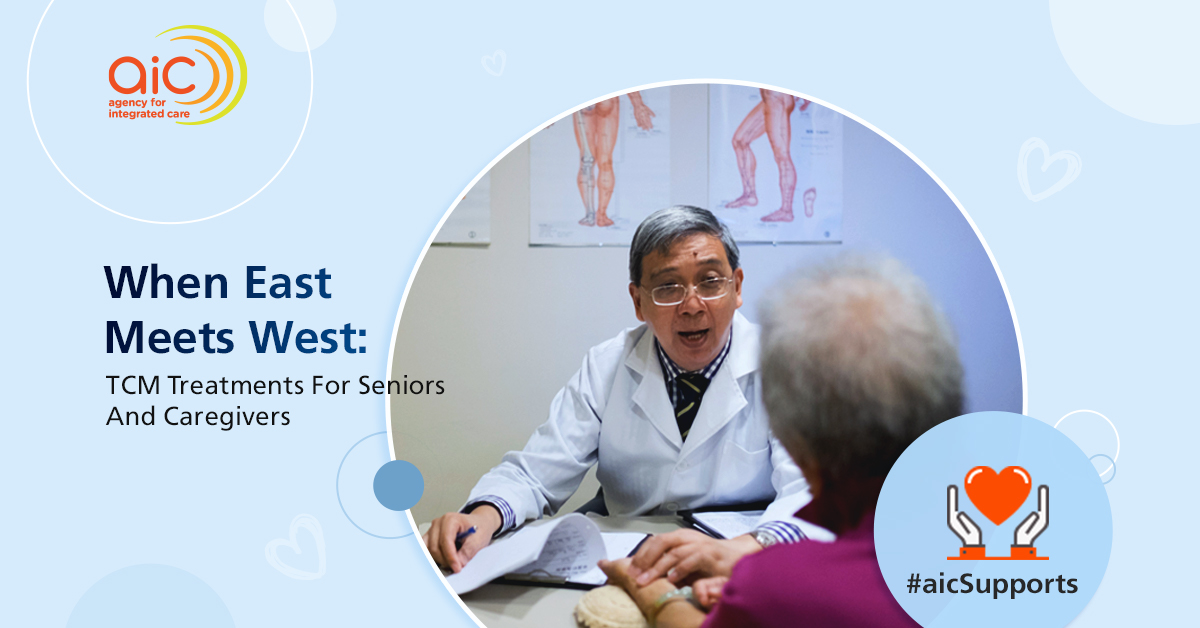
There are plenty of options when it comes to seeking treatment for illnesses. While polyclinics and private clinics might be preferred for some, a popular choice among Chinese seniors has been Traditional Chinese Medicine (TCM).
What do TCM treatments entail? What kind of illnesses can TCM treat? To answer these frequently asked questions, we sat down with two TCM physicians, Dr Gu Fa Long and Dr Zhu Ping, from Tsao Foundation’s Hua Mei Acupuncture and TCM Centre.
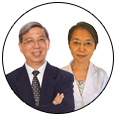
Dr Gu Fa Long (left) and Dr Zhu Ping (right)
TCM Physicians at Hua Mei Acupuncture and TCM Centre, Tsao Foundation
Both Dr Gu and Dr Zhu are Senior TCM Physicians with Hua Mei Acupuncture and TCM Centre, a community-based health service under Tsao Foundation. Dr Gu has also been a Medical Director since 1996, with a major in acupuncture, tuina, and TCM orthopaedics. On the other hand, Dr Zhu, who joined in 2006, specialises in gynaecological illnesses, chronic diseases, and other ailments encountered in Internal Medicine.
1. What are the common misconceptions of TCM that you often encounter with clients?
 Answer:
Answer:
Firstly, patients tend to think TCM can treat any illness. There are conditions that TCM is more effective in treating but there are also many illnesses that Western medications can treat more effectively. We’ve also met patients who want to stop Western medication after we’ve prescribed Chinese medication to them. That shouldn’t be the case. Instead, they should consult the physicians on which medication to stop or continue. Generally, we would advise them to keep the consumption of different types of medicine approximately two hours apart from each other. Two hours is usually enough for what’s inside the digestive system to be discharged. The “break” also helps to prevent loss of appetite and avoid possible side effects.
2. How do TCM physicians work with Western-trained physicians for patient care?
 Answer:
Answer:
Most TCM physicians in Singapore study a curriculum that exposes them to Western medical practices, in terms of their diagnoses, check-ups, and medications. This allows us to communicate better with Western-trained physicians when we refer patients to them. We can also read medical records and diagnoses of the patients referred to us, which allows us to make better decisions for patient care. At the same time, we will provide medical records written in a common language for patients we refer to Western physicians.
3. We understand that there are different methods of acupuncture. What are the methods that Tsao Foundation uses and what conditions do they treat?
 Answer:
Answer:
Acupuncture refers to the stimulation of acupoints on the body, which is used to treat the health conditions of the patient. There are three methods of acupuncture, namely acupuncture with needles, moxibustion, and cupping.
- Acupuncture with needles is the most commonly known method, which involves the insertion of stainless steel needles into acupoints. This is often used to treat conditions like stroke, facial paralysis, nerve damage (e.g. sensory peripheral neuropathy), and insomnia.
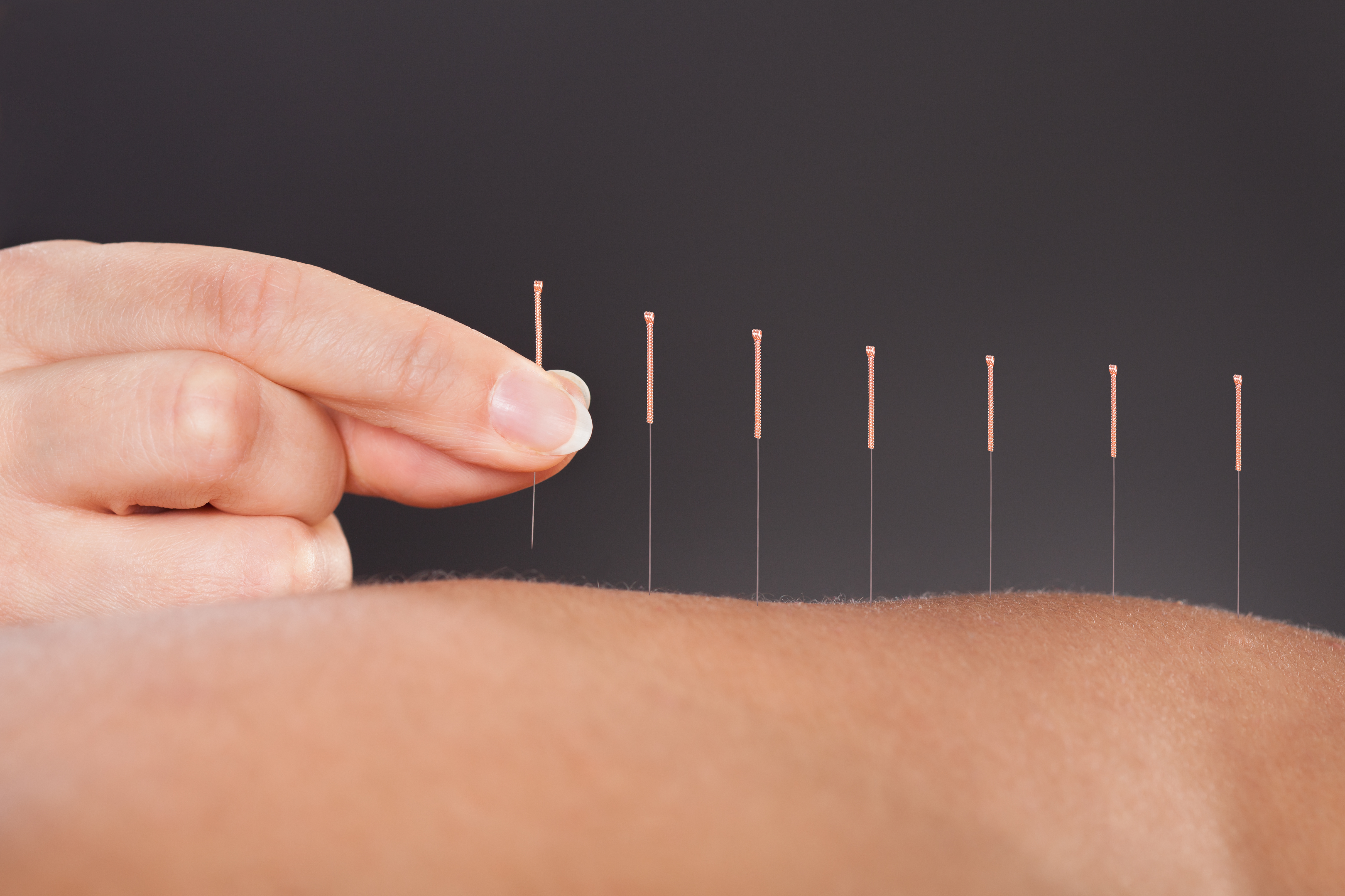
- Moxibustion adds the burning of Chinese mugwort leaves above the needles to the acupuncture process. The additional burning generates infrared and a warming effect of up to 43°C, which can treat back pains, knee pains, birth contraction pains, pediatric acute diarrhoea, and ulcerative colitis.
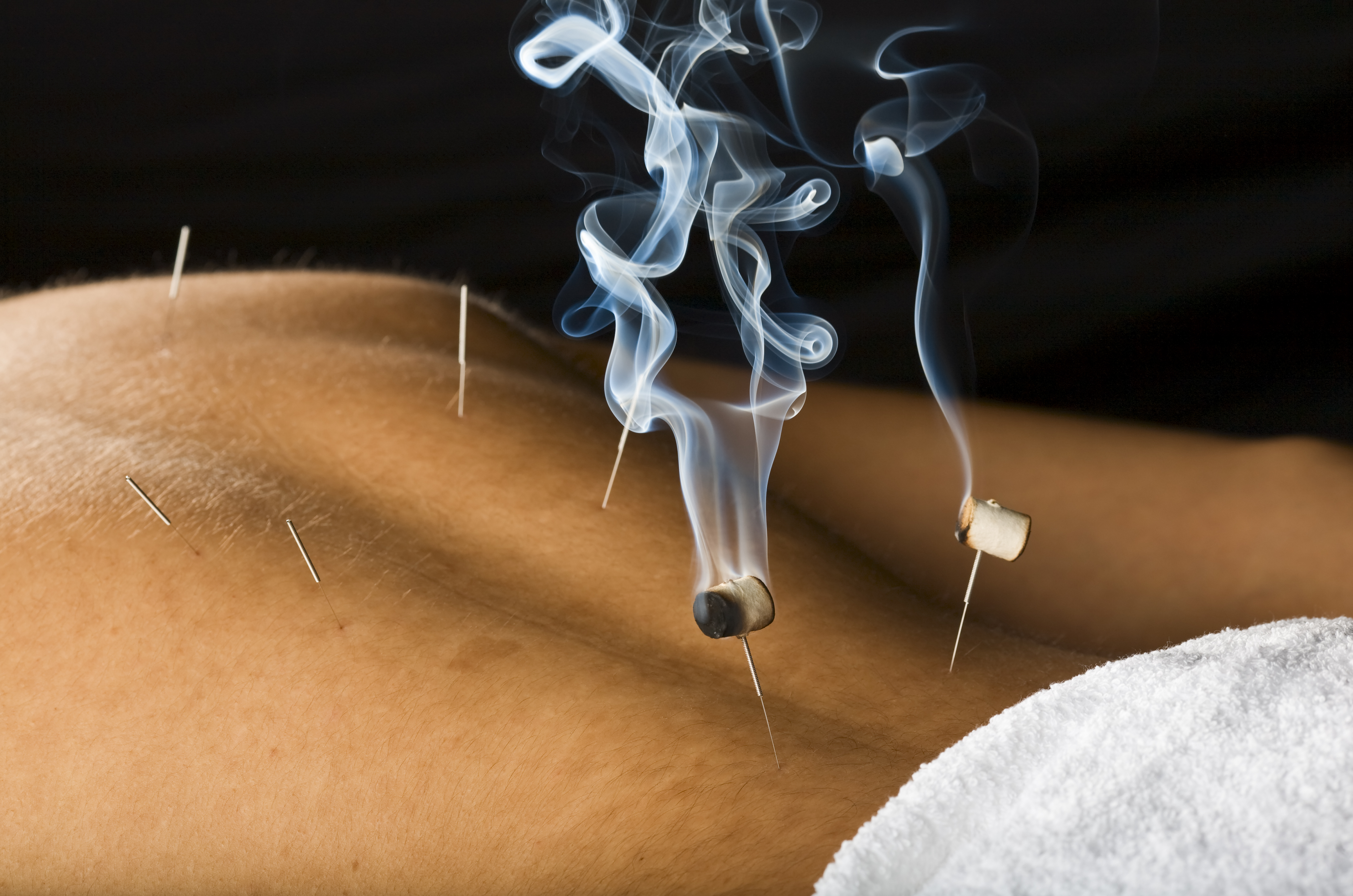
- Cupping involves the burning of a cup to create a vacuum and placing it on the body, which causes capillaries to regrow and blood to flow into the area. It modulates hormonal immune dysfunction, improves the immune function of normal red blood cells, and increases pain threshold to bring about pain relief.
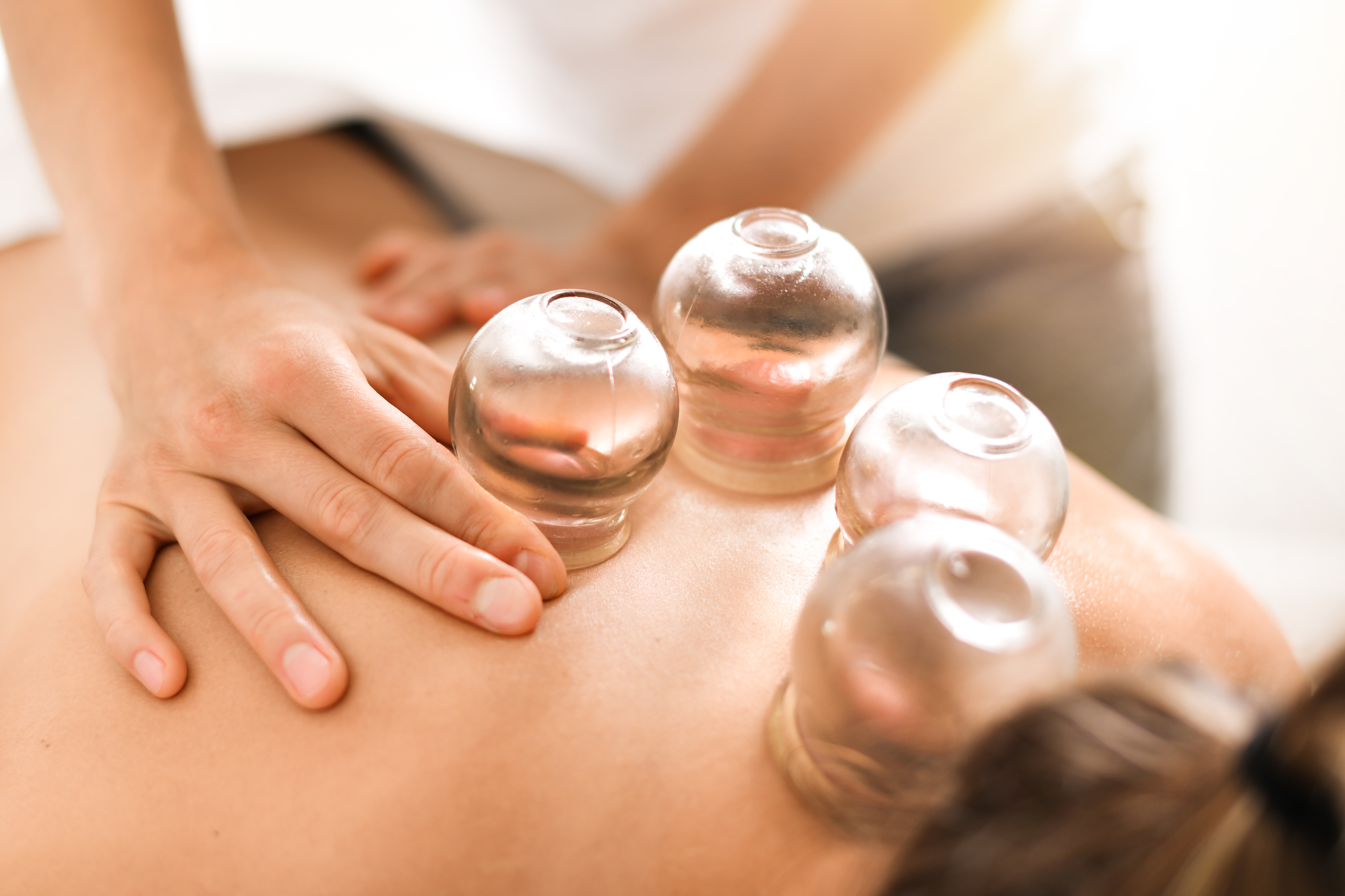
Using all three methods at the same time is more beneficial for conditions like rheumatism and injury to muscles and ligaments, as opposed to just acupuncture with needles.
4. What are some TCM tips you’d like to share with seniors?
 Answer:
Answer:
First, we hope they can be discerning of the food to avoid. Some foods clash with the medication we prescribe and should be avoided. Check and listen to your physicians to know what to avoid, instead of avoiding every food. Second, be upfront about all existing medications that you are consuming whether Western or Chinese. This is to ensure we don’t overlap in the prescription of our medication and cause any negative effects on your health. Third, don’t undertake acupuncture treatments under extreme hunger or tiredness. This is because low blood sugar may trigger a fainting spell, cold sweat, or irregular heartbeat during the treatment. Finally, patients with stroke or muscular issues should avoid scheduling physiotherapy and acupuncture treatments on the same day. It might cause overexertion. We recommend having them at least two days apart.
5. What TCM tips do you have for caregivers to relieve stress?
 Answer:
Answer:
Relax and don’t let stress overcome you. We recommend writing and drawing to calm your nerves. Listening to music and exercising also improves your emotional well-being and helps in stress management. We strongly advocate for tai chi and Baduanjin qigong as exercises. You should also find time to socialise and communicate with others. If you’re facing any emotional difficulty, find someone to confide in and don’t keep it in. You’ll feel better afterwards.


